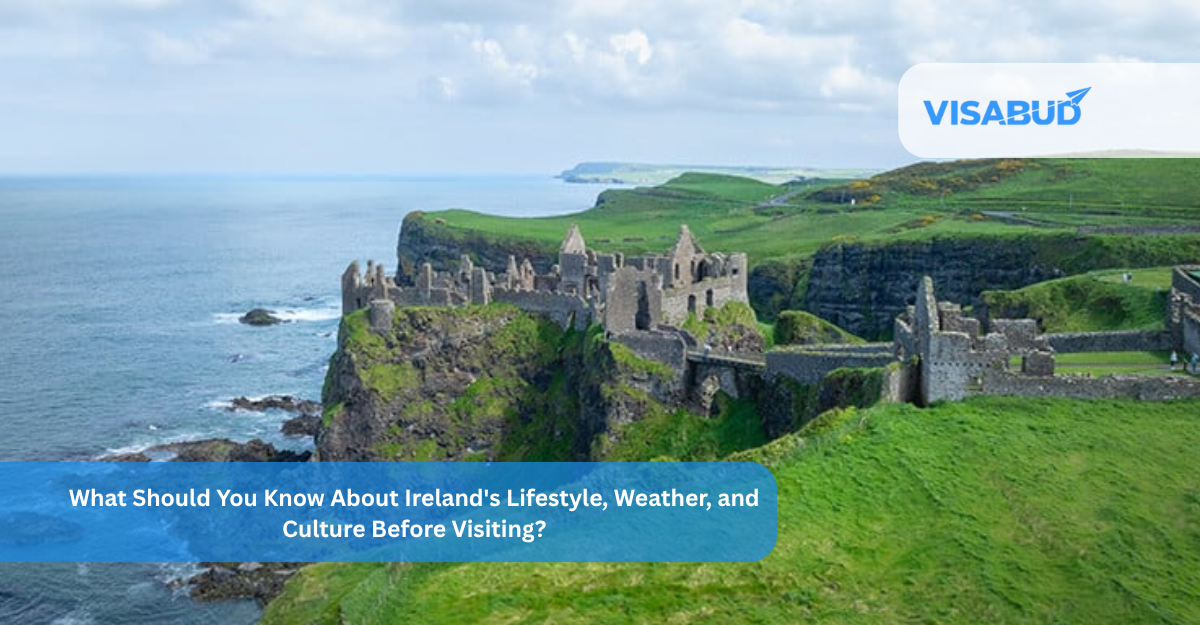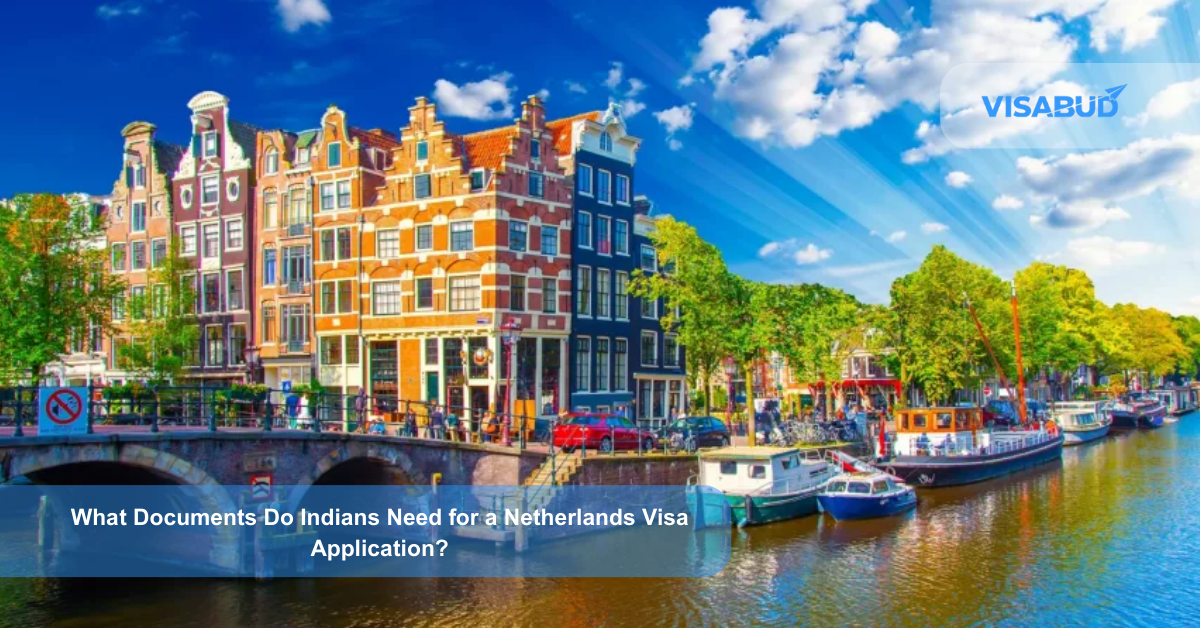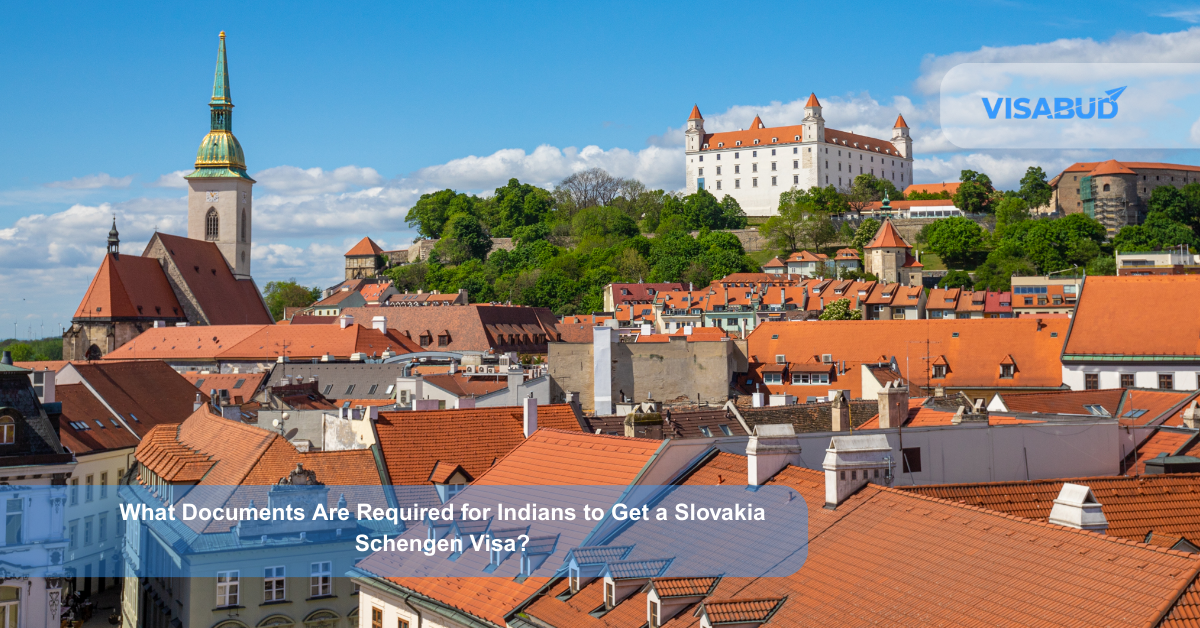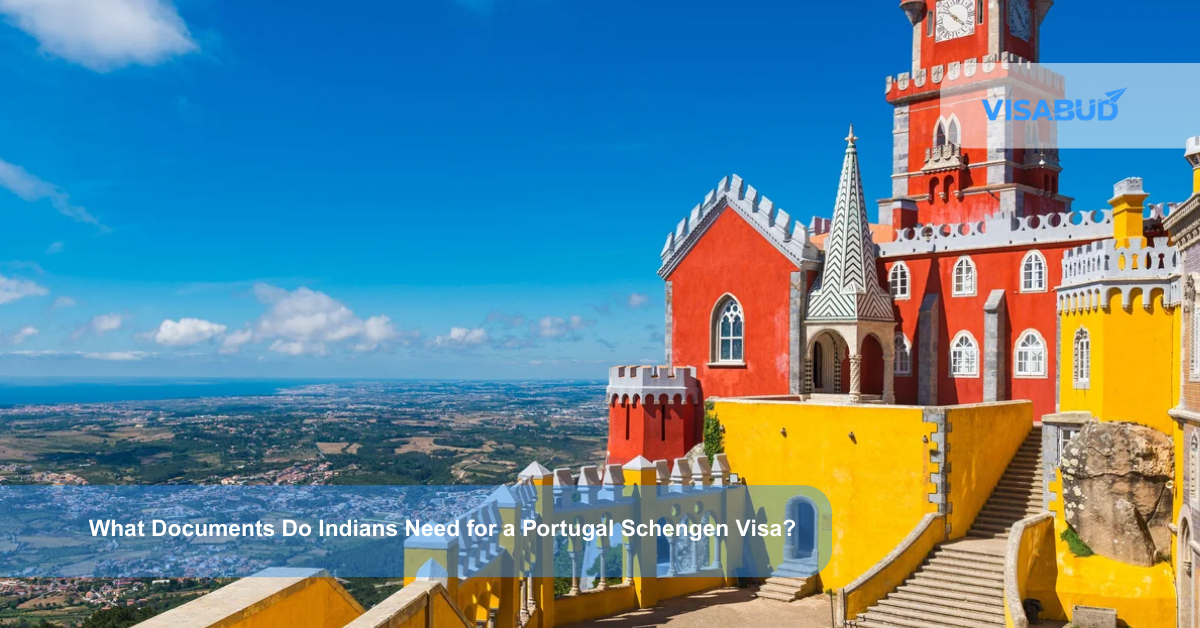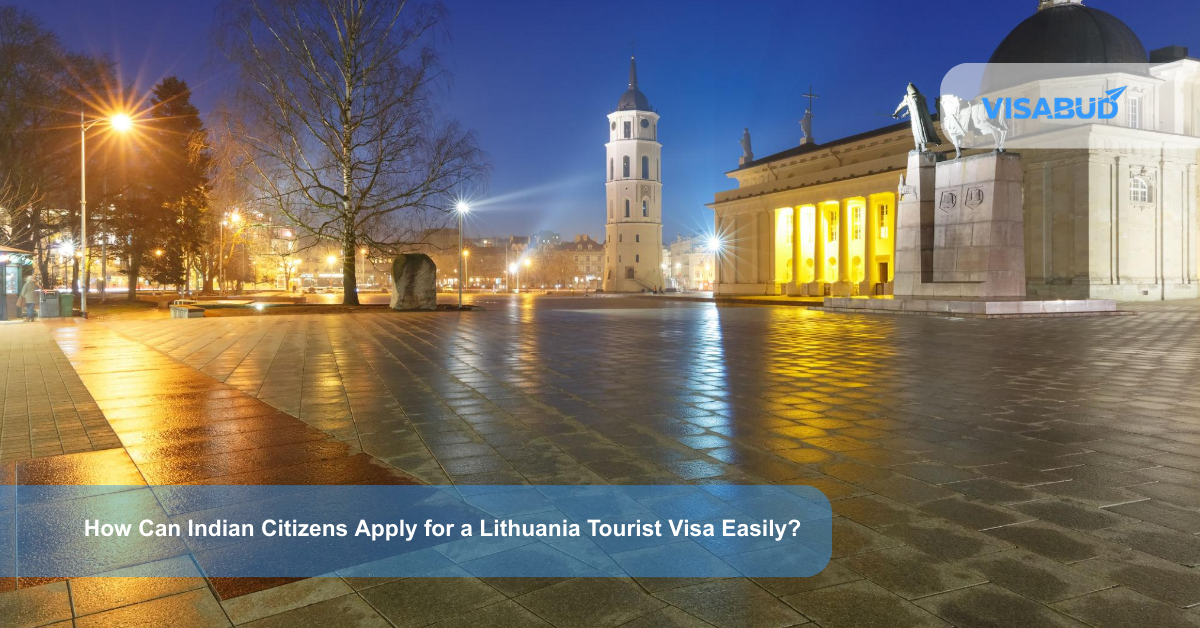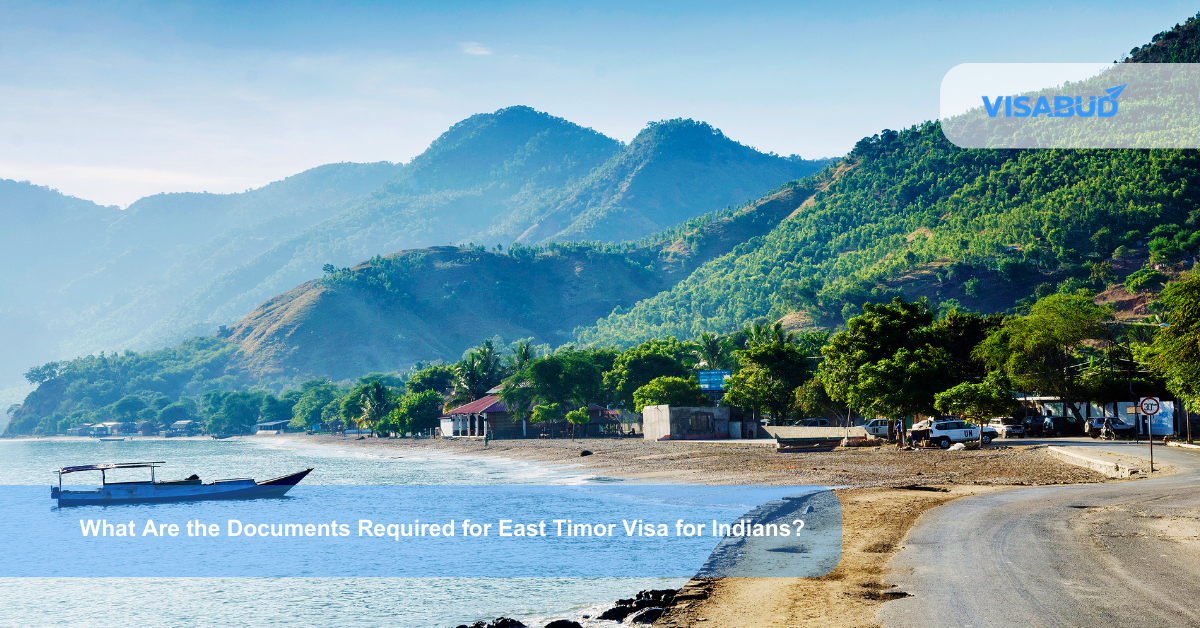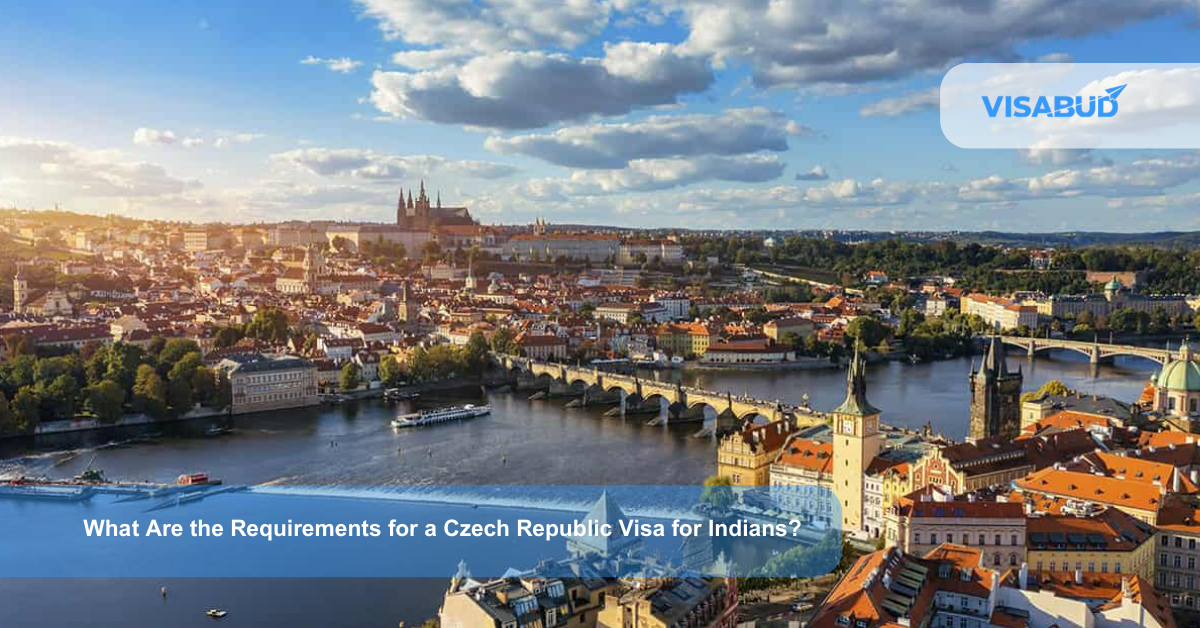🇮🇪 Planning a Trip to Ireland? Here’s What You Need to Know
Ireland is more than just green hills, friendly smiles, and pints of Guinness. It’s a country full of heart, history, and hidden gems. From cozy pubs to wild coastlines, every part of it has a story to tell. What Should You Know About Ireland Lifestyle, Weather, and Culture Before Visiting? Let’s break it down in simple words and real talk so you know what to expect and how to enjoy your trip like a local
First off, the Irish lifestyle is warm and relaxed. People here are friendly and love to chat even with strangers. Don’t be surprised if someone asks how your day’s going while you’re waiting at the bus stop. Life isn’t rushed. Locals enjoy their time whether it’s a slow meal, a walk in nature, or a pint at the pub.
Speaking of pubs they’re more than just drinking spots. Pubs in Ireland are community hangouts. You’ll hear live music, feel the energy, and see people from all walks of life connecting. It’s part of what makes the country so special.
Now, let’s talk about the weather. It can be all over the place. Rain, sunshine, wind sometimes all in one afternoon. It’s usually mild, though. Summers are cool and winters don’t get too cold. Just bring layers and always have a raincoat handy.
The Irish are proud of their cultural heritage. You’ll notice their love for storytelling, music, and tradition. From ancient legends to modern music sessions, culture is everywhere in their language, in their celebrations, and in the way they live.
In short, Ireland isn’t just a place to visit, it’s a place to experience. Be open, be curious, and you’ll quickly feel the magic that makes it unforgettable.
Get to know the team behind your journey – check out about us.
Lifestyle in Ireland: What It’s Really Like to Live on the Emerald Isle
Thinking about moving to Ireland or just curious about what daily life is like there? Whether you’re planning a short visit or considering a more permanent stay, Ireland offers a unique mix of charm, warmth, and community spirit. Life in Ireland isn’t just about green fields and Guinness it’s about the people, the pace, and the pride in everyday moments.
Here’s a close look at what it’s really like to live in Ireland, in simple, down-to-earth terms.
Are Irish People Really That Friendly?
Yes, genuinely friendly. Irish people are known for being kind, welcoming, and full of life. Whether you’re in Dublin city or a small village in County Kerry, don’t be surprised if someone strikes up a casual conversation with you.
It could occur while you are waiting at a bus stop or in line at the grocery store. They call it “the craic” (pronounced crack), which means good conversation, fun, or general banter. It’s a cultural staple and something you’ll grow to enjoy.
What makes them stand out?
In Ireland, friendliness isn’t forced. It’s just how things are.
Is Life in Ireland Fast or Slow?
Life in Ireland tends to move at a slower, more peaceful pace especially outside the cities.
In big cities like Dublin, Cork, or Galway, life is naturally a bit quicker. There’s traffic, deadlines, and busy work schedules. But it’s still not as frantic as cities like London or New York. People take their time and value their downtime.
Once you get outside the city centers, especially into the Irish countryside, everything changes. Villages move to the rhythm of:
There’s less stress, less rush, and more attention to the little things in life.
What Role Do Pubs Play in Irish Life?
In Ireland, pubs are about so much more than drinking.
Yes, you can grab a pint and it might even be one of the best pints of Guinness you’ll ever taste but the pub is really about connection.
Think of it as the local living room:
Whether you’re there to watch a rugby match, listen to music, or just enjoy a quiet chat, Irish pubs have a way of pulling you in.
You can enjoy them without becoming a heavy drinker. You can sip a soda or tea and still feel part of the crowd. No judgment, just warmth.
Do Irish Communities Stick Together?
Absolutely. Community matters deeply in Ireland.
In smaller towns and villages, people know each other by name. Children often walk to school in groups, and neighbors check in on one another, especially older residents.
There’s a strong culture of looking out for each other:
This community bond creates a feeling of safety and belonging, which is one of the reasons many people fall in love with life in Ireland.
What’s the Work-Life Balance Like?
Work-life balance is taken seriously in Ireland.
People value their jobs, but they also value time off, family, and personal well-being. The typical workweek is 35–40 hours, and most employers respect time off. Paid holidays are common, and there’s a strong culture of not glorifying overwork.
Many workers finish up by 5 or 6 p.m., and evenings are often spent:
In life, creating memories is more significant than only making money.
Check this out : Safaris for Families in Europe : Wildlife Viewing
What’s the Weather Like in Ireland? A Friendly Guide for First-Time Visitors
If you’re planning a trip to Ireland, you’ve probably heard about the weather. People talk about it a lot and for good reason. Ireland’s weather can be unpredictable, but it’s also a big part of what makes the country so charming. The rain keeps the landscapes green and the air fresh, while the mild temperatures make it comfortable to explore year-round.
Let’s take a closer look at what you can expect from Ireland’s weather and how to prepare for it like a local.
Is the Weather in Ireland Really That Unpredictable?
Yes and no. One of the most common things people say about Irish weather is, “You can experience all four seasons in one day.” That’s not just a cute saying, it’s surprisingly accurate.
The weather can shift from sunny to cloudy to rainy to windy sometimes within just an hour. One moment you’re walking in bright sunshine, and the next, a light drizzle rolls in with a cool breeze. The sun might come out again in five minutes.
So what’s the solution? Layers. Bring clothes you can take off and put back on as needed. A good waterproof jacket is a must. A small foldable umbrella or a hooded raincoat will come in handy even if it’s not raining when you leave your hotel.
Tip: Don’t pack for summer the way you would for Spain or Italy. You will probably need a light sweater or sweatshirt even in July and August.
Does It Get Very Hot or Cold in Ireland?
Not really. Ireland is known for its mild climate, no extreme heat, no deep freezes. The Atlantic Ocean helps keep temperatures fairly steady throughout the year.
Summer (June to August):
Winter (December to February):
Spring and Autumn:
In short: You don’t need to worry about extreme heat or bitter cold in Ireland, just prepare for cool, comfortable weather.
Does It Always Rain in Ireland?
Rainfall is heavy, but not constant. Irish rain is often mild, more akin to a light drizzle or mist than a torrential downpour. You won’t often see tropical-style storms or flooding rain.
Some things to know about Irish rain:
In fact, the rain is part of what makes Ireland so beautiful. It keeps the grass green, the flowers blooming, and the air clean and fresh.
How Should I Pack for Ireland’s Weather?
Packing for Ireland is more about being smart than being stylish. Comfort and practicality are key. Here’s a checklist of what to bring, no matter what time of year you visit:
Must-Have Items:
Optional But Helpful:
The key takeaway is this: layer up, stay dry, and stay flexible.
Why Is Irish Weather So Unique?
Ireland’s climate is greatly influenced by its geographic position. Sitting on the western edge of Europe, it’s surrounded by the Atlantic Ocean. That means:
This blend of natural beauty and ever-changing skies creates a magical atmosphere of misty mornings, rainbow-filled afternoons, and golden sunsets on clear evenings.
What Are Some Common Weather-Related Mistakes Visitors Make?
1. Thinking it never gets sunny. While it does rain often, Ireland does have sunny days especially in late spring and summer.
2. Packing the wrong clothes. Many people bring shorts and tank tops and then end up cold. Always bring a jacket, no matter when you visit.
3. Canceling plans because of rain. Locals don’t stop exploring just because of a drizzle and neither should you.
4. Relying too much on weather apps. Irish weather changes so quickly that even forecasts can’t keep up. Use them as a rough guide, but be ready for anything.
Irish Culture: What to Know Before You Go
Ireland isn’t just about green hills, castles, or rainbows. What really makes the country special is its people and the rich, warm culture they live by every day. Irish culture is full of charm, history, music, and celebrations, and if you’re lucky enough to visit, you’ll see it all around you.
Here’s a simple and friendly guide to help you understand what Irish culture is really like and how you can enjoy it as a visitor.
Pride in Heritage: History Matters Here
One of the first things you’ll notice in Ireland is how proud the Irish are of their roots. Their history, traditions, and language are all part of everyday life.
You might see street signs in both English and Irish (Gaelic). In the countryside, you may even hear locals speaking Irish. Although English is spoken everywhere, the Irish language is a cherished part of the culture and many people still learn it in school.
Ireland’s history is replete with hardship, tenacity, and spirit. The Irish have proudly and resolutely maintained their identity during the Viking invasions and the struggle for independence. Museums, castles, and heritage centers tell these stories in every part of the country.
Don’t be surprised if someone proudly tells you about their family’s background, their village’s history, or even the story behind a local stone wall. To the Irish, the past shapes who they are today.
Storytelling Is in Their Blood
The Irish are natural storytellers. It’s not just about facts, it’s about how the story is told.
From ancient myths about fairies and warriors to real-life tales about old relatives or strange encounters at the pub, storytelling is everywhere. And the way people tell these stories with humor, heart, and often a little exaggeration is an art in itself.
Even casual conversations can feel like mini performances. Don’t rush through small talk, listen and enjoy the rhythm of how the Irish speak. You’ll find their words full of wit, wisdom, and warmth.
Some of the most well-known authors in the world, including Oscar Wilde, W.B. Yeats, and James Joyce came from Ireland. The love of language runs deep here.
Music Is Everywhere Not Just on Stage
Ireland’s traditional music isn’t just for festivals or tourist shows. It’s part of daily life, especially in pubs and local gatherings.
Walk into a small-town pub in the evening, and you might hear live traditional music with fiddles, tin whistles, and a hand drum called a bodhrán. People might sing, clap along, or even get up and dance.
These music sessions are often informal. Musicians might show up with their instruments and join in no stage, no tickets, just a love for the tunes. Even if you’re not musical, you’ll feel the energy and joy in the room.
Modern Irish music is strong too, with artists like U2, Hozier, and Enya making global waves. But traditional music still holds a special place, especially in rural towns and during cultural festivals.
Festivals Are a Big Part of Irish Life
The Irish love to celebrate. Whether it’s a national holiday or a small-town harvest fair, they know how to throw a good party.
Of course, you’ve heard of St. Patrick’s Day is a celebration of Ireland’s patron saint. But did you know that nearly every county has its own local festivals? These might celebrate music, food, literature, farming, or even historical events.
Here are just a few Irish festivals to know:
No matter the festival, expect lots of music, dancing, food, and laughter. Guests are always welcome and frequently asked to participate!
Religion Still Has an Influence
Ireland is a modern country, and its people come from many backgrounds. But Catholic traditions still play a role in many communities.
You’ll notice churches in almost every town, and holidays like Christmas, Easter, and All Saints’ Day are still widely observed. Many schools are Catholic-run, and certain local customs like saying grace before meals or visiting holy wells are part of the cultural fabric.
That said, today’s Ireland is also diverse and open-minded, with growing communities of different faiths and beliefs. While religion matters to many people, it’s usually expressed in a quiet, respectful way.
Quick Tips for Travelers: Culture Do’s and Don’ts
Understanding Irish culture isn’t just about traditions it’s also about everyday behavior. Here are some tips to help you fit in and enjoy your trip:
Say “Thanks” to Bus Drivers
It’s a small thing, but it’s polite and it’ll earn you a smile.
Don’t Rush Through Meals
In Ireland, meals are often relaxed social events. Enjoy the moment. Don’t expect super-fast service it’s not a fast-food culture.
Tipping Is Appreciated, But Not Always Expected
In most restaurants, leaving a 10% tip is seen as generous. In pubs, tipping isn’t necessary unless there’s table service.
Remember: They Drive on the Left
If you’re renting a car, keep left! Additionally, rural roads can be winding and narrow, so be cautious and take your time.
English Is Spoken Everywhere But Irish (Gaelic) Is All Around
You don’t need to speak Irish to visit. But seeing Irish-language signs, especially in the west and in places called Gaeltacht regions, is a reminder of the country’s deep roots.
15 Frequently Asked Questions (FAQs) About Visiting Ireland
1. Is a visa required to enter Ireland?
It depends on your nationality. Most EU, UK, US, and Canadian visitors don’t need a visa for short stays.
2. What currency is used in Ireland?
The Republic of Ireland uses the Euro (€). Northern Ireland uses the British Pound (£).
3. Is it safe to travel around Ireland?
Indeed, among the safest nations in Europe is Ireland. Just use common sense like anywhere.
4. When is the best time to visit?
May to September offers the best weather and long daylight hours.
5. Can I drink tap water in Ireland?
Yes, it’s safe and clean to drink.
6. Are credit cards widely accepted?
Yes. Most places take cards. Apple Pay and Google Pay work too.
7. Is tipping expected?
It’s not mandatory but appreciated especially in restaurants (around 10%).
8. What are the must-see places?
Cliffs of Moher, Ring of Kerry, Galway, Dublin, Giant’s Causeway, and the Wild Atlantic Way.
9. Is public transport reliable?
In cities, yes. In rural areas, buses are limited consider renting a car.
10. Do people really speak Irish?
Yes, but mostly in Gaeltacht (Irish-speaking) regions. English is spoken everywhere.
11. What’s the food like?
Hearty and comforting think stews, soda bread, fresh seafood, and lots of potatoes.
12. Can I use my phone in Ireland?
If you’re from the EU, roaming usually works. For others, get a local SIM or portable Wi-Fi.
13. What’s a “full Irish breakfast”?
A big breakfast with eggs, sausage, bacon, black pudding, beans, toast, and tea.
14. Is Ireland expensive?
Cities like Dublin can be pricey, but rural areas are more affordable. Budget smart.
15. Do I need to rent a car?
If you want to explore small towns and scenic drives, yes. For cities, public transport is enough.
Final Words
Why Visiting Ireland Feels Like a Beautiful Story You Get to Live
Visiting Ireland is more than just a trip. It feels like walking into a storybook with green hills, cozy pubs, friendly people, and music that stirs your heart. From the moment you arrive, you’ll notice something special. The air is fresh, the pace is calm, and smiles come easily.
Ireland is full of charm. The cities are lively, but never too busy. Dublin offers great history, culture, and coffee, while places like Galway and Cork give you a mix of art, music, and local vibes. Step outside the cities, and you’ll find small villages where everyone knows everyone. Don’t be surprised if strangers stop to chat or offer directions with a smile.
Nature here is truly magical. You’ll see rolling green fields, cliffs that drop into the sea, quiet lakes, and sheep dotting the countryside. It rains often, yes but that’s what keeps everything so lush and alive. Just pack a light raincoat or umbrella, and you’ll be fine.
What really makes Ireland special, though, is the people. They have many stories to tell and are friendly and inviting. In a pub, you might hear live music and laughter that fills the room. Locals often go out of their way to help, making you feel less like a tourist and more like a friend.
Also Read : The Guide to Schengen Visa Applications: Procedures, Forms, and Cost.
Want insider tips on Ireland? Contact us to plan the perfect trip.
